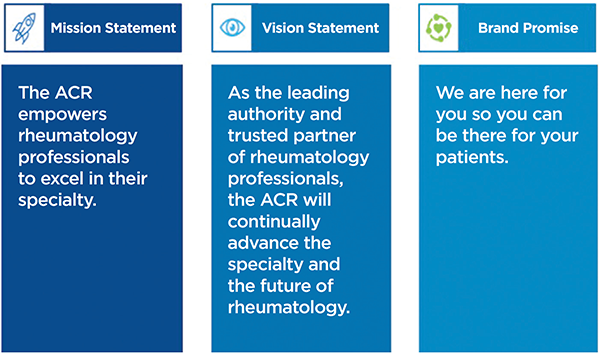In the midst of efforts to repeal and replace the Affordable Care Act, the ACR developed and promoted principles focused on ensuring affordable coverage for chronically ill patients, including coverage for Americans with preexisting conditions, limits on out-of-pocket costs and tax credits based on income. The ACR provided the U.S. administration and leaders in the U.S. House and Senate with specific recommendations for provisions that would need to be included in any ACA replacement bill to ensure access to comprehensive and affordable rheumatologic care. The ACR also facilitated delivery of members’ communications of their concerns to lawmakers, and in the end, repeal efforts were blocked.
In September, more than 100 rheumatologists, fellows in training, health professionals and patients from across the nation flew to Washington, D.C., to meet with their legislators as part of the ACR’s annual Advocates for Arthritis event. Additional advocacy efforts focused on work that would help alleviate the growing rheumatology workforce shortage, including increasing Medicare funding for graduate medical education, funding for additional rheumatology fellowship positions, incentives for physicians to serve in rural and underserved areas, support the Pediatric Subspecialty Loan Repayment Program, and an H-1B visa system that efficiently allows international medical graduates to work in underserved areas.
The Practice of Rheumatology: The Committee on Rheumatologic Care (CORC) has continued work on the development of a rheumatology-specific APM so that rheumatologists can participate in the more advantageous pathway of MACRA.
The Insurance Subcommittee, with assistance from CORC, the ASC and numerous individual members, was able to push back on the UHC’s plan to scrap the consultations code this year. This is a big victory for our members that demonstrates the power of effective and sustained advocacy.

Last Word
It has been a fulfilling year serving the ACR with the distinguished and hard-working members of the Executive Committee, including David Daikh, MD, PhD, Paula Marchetta, MD, MBA, Ellen Gravellese, MD, Eric Matteson, MD, Abby Abelson, MD, Afton Hassett, PsyD, and Sandra Mintz, MSN, RN.
I am grateful to the members of the ACR Board of Directors and committee chairs whose collective wisdom, commitment and hard work are critical for good policy making and functioning of the ACR.
The ACR has an amazing staff, who are nurtured and led ably by Mark Andrejeski. The professional work culture and friendly environment led to ACR being named one of the top workplaces in Atlanta in 2017. I appreciate Julie Anderson’s help, support and guidance to the Executive Committee and me throughout the year.


